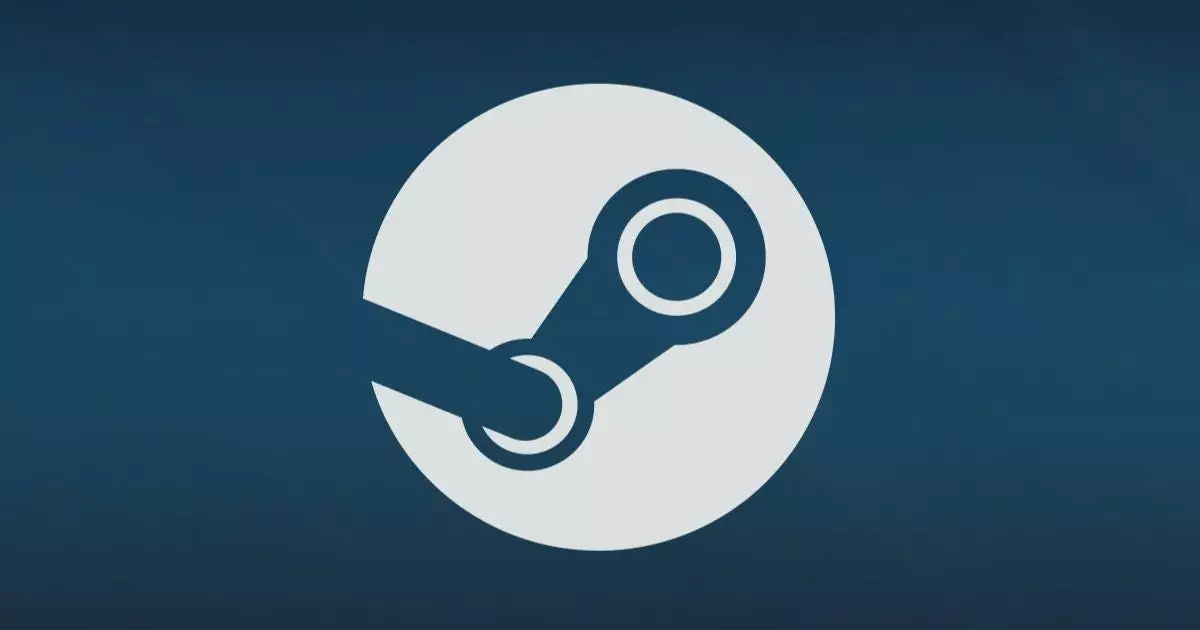In a rapidly evolving digital landscape, the practices of dominant players in the gaming industry are under intense scrutiny. A significant legal development in this context is the ongoing class action lawsuit against Valve Corporation, the parent company of the Steam digital distribution platform. Initially filed by Wolfire Games in 2021, the case has escalated into a broader class action that could reshape the landscape of PC gaming, affecting countless developers and publishers who have utilized Steam as a sales platform.
The lawsuit spearheaded by Wolfire Games encapsulates a growing dissatisfaction among game developers regarding Steam’s business practices, particularly its controversial 30% revenue cut from each game sold on its platform. The claim asserts that this hefty cut is anti-competitive, leading to inflated game prices and stifling competition from smaller platforms. David Rosen, the founder of Wolfire, vocally critiqued Valve, suggesting that the company curtails developers’ and consumers’ freedoms alike by manipulating market dynamics. This assertion resonates with many smaller studios and independent developers, who often find themselves at the mercy of a system that seems to favor larger entities.
Back in 2021, Valve rebuffed these claims, presenting the 30% cut as an industry standard, which, although somewhat valid, neglects the context of increased frustration among developers and the emergence of competitors, such as the Epic Games Store and the Microsoft Store, that have adopted more favorable terms. It became abundantly clear: the balance of power and financial distribution in the gaming market is being scrutinized as never before. The legal back-and-forth began when a judge dismissed Wolfire’s case initially, citing a lack of demonstrated harm from Valve’s policies. However, the dismissal did not extinguish the developers’ determination.
Fast forward to recent developments, and the lawsuit’s transformation into a class action has significant ramifications. By broadening the scope to include any developers, publishers, or individuals who have financially interacted with Valve regarding game sales since January 28, 2017, the lawsuit is now positioned as a potentially powerful movement against Valve’s practices. The classification as a class action suit not only amplifies the reach of the lawsuit but also consolidates the claims of numerous smaller players in the gaming industry who might have felt powerless to take on Valve individually.
This broad coalition of developers and publishers may now find a legal voice in challenging the status quo. Notably, the combination of this lawsuit with a similar suit filed by Dark Catt Studios further strengthens the argument against Valve. Legal experts speculate that if a significant verdict emerges in favor of the plaintiffs, it could compel Valve to reevaluate its commission structure, effectively redistributing power within the industry.
The potential outcomes of this lawsuit stretch far beyond legal precedents. Should the plaintiffs prevail, Valve could face significant financial repercussions that would outweigh previous settlements. Developers could expect not just compensation for commissions paid but also a reworking of the contractual norms governing digital sales. Such changes could stimulate a healthier competitive environment, promoting innovation and lower prices for consumers—a win-win for artists and audiences alike.
Furthermore, the tension inherent in this lawsuit highlights a unique moment in the gaming industry. Moving past mere profit, the discussion now focuses on the value of creative freedom and ownership within the realm of digital distribution. If Valve is forced to adapt its business practices, it may initiate a broader industry trend that demands fairer treatment for developers, encouraging other digital platforms to follow suit.
While Valve’s longstanding dominance in the PC gaming space has been established, this lawsuit invites a necessary examination of the balance between profit and ethical business practices. The evolution of this case holds the potential to redefine industry standards, creating an ecosystem that champions accessibility, competition, and fairness. For many developers, this lawsuit represents more than a financial dispute; it symbolizes hope for a change in the cultural narrative surrounding digital distribution in gaming. The outcome could serve as a beacon for future generations of game creators seeking not only to survive but to thrive in an increasingly complex environment.


Leave a Reply